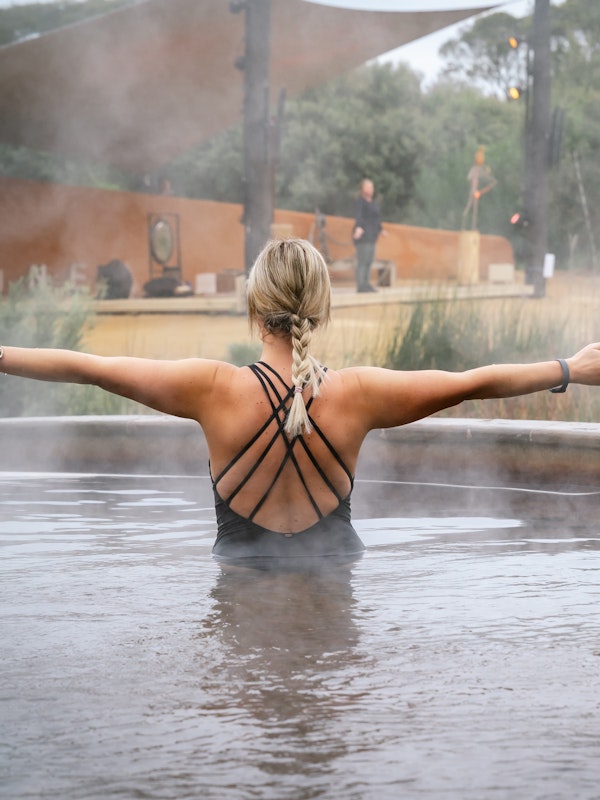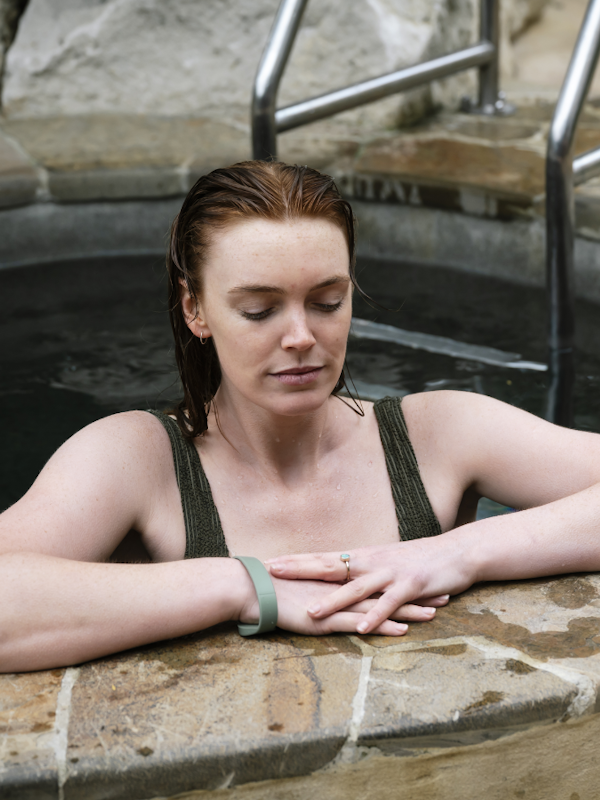September 2, 2021
nurture your mental wellness
Written by Sophie
Spring is a wonderous time of new beginnings and the perfect time to stop and take time to prioritise our wellness – mind, body and soul. We are honoured to share these accessible wellness principles and practices with our community and hope they spark some positivity and motivation to nurture your mental wellbeing this spring.
understand the importance of rest and recovery
When we are pushing ourselves to the limit mentally, emotionally, and physically, a biochemical reaction happens within our bodies that increases levels of cortisol and adrenaline – the stress hormones which puts us into a ‘fight-or-flight’ response. If rest is ignored for prolonged periods, the body kicks into overdrive and the result is often hormonal imbalance and a depleted immune system.
Giving our body, mind and spirit the opportunity to rest and rejuvenate is vital to restore harmony, and by allowing time to rest on a more regular basis we can also find we become more productive in so many ways. As the mind becomes uncluttered and quiet, the body’s energy levels elevate again and we are reconnected to ourselves, more inspired, energised and content. The most important part of rest and recovery, not only for exercise but for everyday life as well, is sleep. The body needs at least 6-8 hours of sleep, for all the chemical, hormone and anti-inflammatory responses to occur at their optimal level.
Find time in each day to ‘switch off’ the stress response with ‘strategic’ rest for balancing the entire system. Aim to include hot springs bathing, gentle nature walks, meditation and mindfulness practices into your weekly routine, to give yourself a chance to recover and assist in your path to wellbeing.
uncover the power of breathwork
Harnessing the power of breath can be revolutionary for your health, mindset and performance and best of all it is free and accessible to all! Breathwork is both a preventative and healing tool that can treat issues related to stress and anxiety and offers incredible benefits to our overall wellbeing and more.
Breathing is an automatic function of the body that is controlled by the respiratory centre of the brain. When a person is under stress, their breathing pattern changes. Typically, an anxious person takes small, shallow breaths, using their shoulders rather than their diaphragm to move air in and out of their lungs.
Shallow over-breathing, or hyperventilation, can prolong feelings of anxiety by making the physical symptoms of stress worse. Fortunately, we also have the power to deliberately change our own breathing. When a person is relaxed, they breathe through their nose in a slow, even and gentle way. Deliberately copying a relaxed breathing pattern seems to calm the nervous system that controls the body’s involuntary functions.
Controlled breathing can cause physiological changes that include lowered blood pressure and heart rate, reduced levels of stress hormones in the blood and improved immune system functioning. Breath control is also used in practices such as yoga, qi gong and some forms of meditation to increase feelings of calm and wellbeing. Taking just 3 -10 deep and purposeful breaths can assist with relaxation and provide a sense of calm. Understanding how to use your breath as a tool, you become the master of your inner world and how you react to the world around you.
gratitude through mindfulness
In wisdom traditions across the world, spring represents a time of renewal and emergence. Reflecting and healing after the cold winter months allows us to become clearer and seeking expression in our lives: where to direct our time, energy and resources and what can be surrendered and released.
Mindfulness practices can help engage some healthy awareness and help awaken us to our spiritual connection and who we really are. They have us feeling more spirited, happy, compassionate, and loving and include practices like meditation, journaling, demonstrating and feeling gratitude, breathing techniques, prayer and chanting or singing. Recent research shows that the expression of gratitude promotes the release of dopamine, the feel-good hormone in the body. Actively finding things to be grateful for each day will help encourage feelings of motivation and greater wellbeing.
You can cultivate mindfulness and gratitude by tapping into the senses and the innate wisdom of the body. Find a comfortable seat, close down your eyes, and begin to tune into what is going on around you. Listen to your surroundings. Notice if you can hear any external sounds, the rustling of trees, the sweet sound of birdsong or the faint hum of the ocean. Then, tune in to your internal landscape, the sound of your heartbeat and the rhythm of your breath. Feel any sensations on the skin, be it the gentle warmth of sunlight or the coolness of a breeze. Become aware of any tastes lingering in your mouth, perhaps from your morning cup of coffee or a nourishing home-cooked meal. Sit in stillness and allow yourself to observe this symphony of sensations. Take a moment to be fully present and grateful for this moment, for your ability to sit in safety and sweet silence whilst observing all of these everyday miracles.
Reference: https://globalwellnessinstitute.org/wellnessevidence/
enhance your experience with a wellness activity
We are pleased to offer a daily program of wellness activities which are included in our retreat, self guided experience, but can be added to Revitalise bathing at time of booking or upon arrival.


